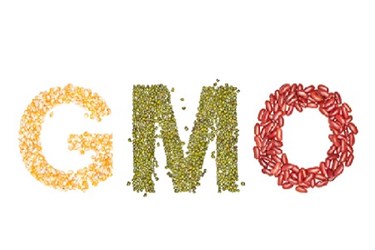Debate Continues Over Vermont's GMO-Labeling Law
By Isaac Fletcher, contributing writer, Food Online

The Vermont labeling rule will require food manufacturers to label all products that contain genetically modified ingredients by July 2016, but the food industry has concerns about meeting the impending deadline.
Following the Vermont ruling regarding the labeling of genetically-modified food products, there have been some concerns for food and beverage manufacturers. According to food industry lawyers, the timeframe in which companies must adhere to the labeling rules is too tight, and the July 2016 effective date may be too soon. In order to buy time, lawyers are asking a federal judge to block the rulings.
The Vermont ruling, which was passed about a year ago, will require any food that contains genetically-modified ingredients to be labeled as such. Maine and Connecticut have passed similar laws, but those are contingent upon neighboring states following suit, which postures Vermont to be the first state in the country to put such a law into effect. However, the Grocery Manufacturers Association (GMA), Snack Foods Association (SFA), International Dairy Foods Association (IDFA), and National Association of Manufacturers (NAM) are hoping to prevent that from happening by asking the court to issue a preliminary injunction.
Lawyers Catherine Stetson and Matthew Byrne argue, “Plaintiffs have barely more than a year to overhaul their Vermont supply chains. Thus the irreparable harm that will befall plaintiffs’ member companies, absent a preliminary injunction, grows increasingly imminent by the day.” According to the attorney general’s office, the package of adopted rules “addresses many of the aspects [of the 2014 law] that plaintiffs challenge.” With a wide variety of concerns around the issue, the food industry remains unconvinced.
There is some good news for the industry, as the new state rules include a provision for food manufacturers to avoid having to track the genetic origins of each and every ingredient in their products. The provision states that manufacturers, in the event they are unable to reasonably determine if an ingredient has been genetically engineered, have the option to use a label stating a product “may be” produced with genetically-modified ingredients.
Stetson contends this type of label weakens the intended purpose of the law, stating, “It really begs the question: is the whole idea to benefit consumer knowledge? Simply saying for lots and lots and lots of different food products these may contain [genetically-modified ingredients] doesn’t really advance that interest.” In order for compelling enough state interest to exist that warrants limiting the First Amendment rights of manufacturers to control labels, there needs to be a strong fit between the law’s purpose and its effect.
Attorney General William Sorrell argues the law would require enough specificity and companies cannot simply make use of the “may be” as they please. “You can’t turn a blind eye toward reality. If you know [the product contains GMO ingredients], you have to label.”
